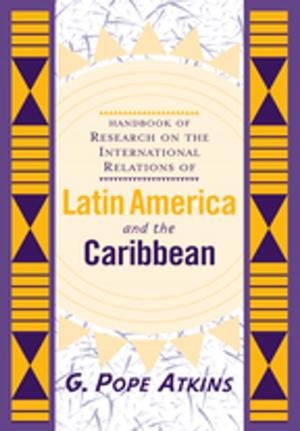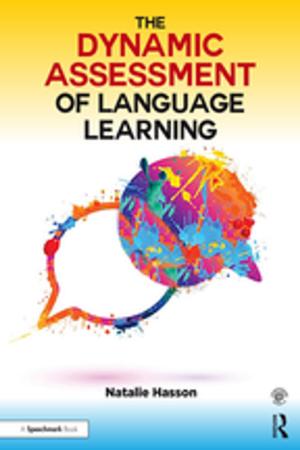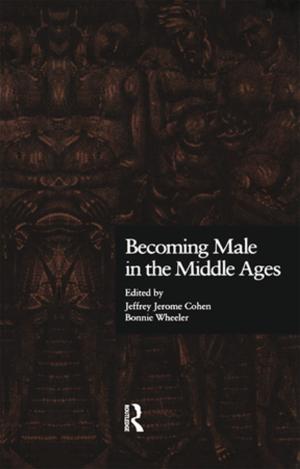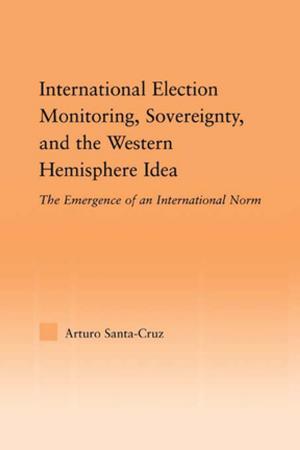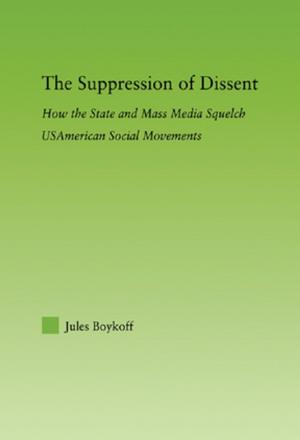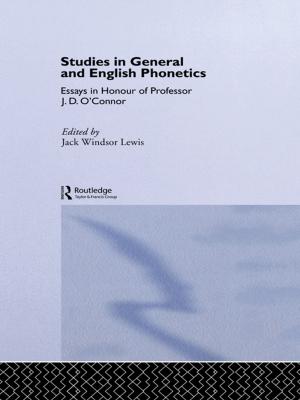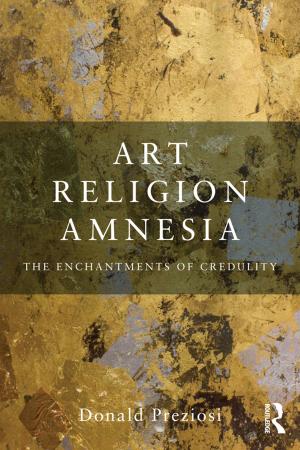| Author: | Ingrid H. Rima | ISBN: | 9781135979386 |
| Publisher: | Taylor and Francis | Publication: | January 13, 2009 |
| Imprint: | Routledge | Language: | English |
| Author: | Ingrid H. Rima |
| ISBN: | 9781135979386 |
| Publisher: | Taylor and Francis |
| Publication: | January 13, 2009 |
| Imprint: | Routledge |
| Language: | English |
Now in its seventh edition, Ingrid Rima's classic textbook charts the development of the discipline from the classical age of Plato and Aristotle, through the middle ages to the first flowering of economics as a distinct discipline - the age of Petty, Quesnay and Smith - to the era of classical economics and the marginalist revolution.
The book then goes on to offer extensive coverage of the twentieth century - the rise of Keynesianism, econometrics, the Chicago School and the neoclassical paradigm. The concluding chapters analyze the birth of late twentieth century developments such as game theory, experimental economics and competing schools of economic thought.
This text includes a number of practical features:
- a "family tree" at the beginning of each section, illustrating how the different developments within economics are interlinked
- the inclusion of readings from the original key texts
- a summary and questions to discuss, along with glossaries and suggestions for further reading
This book provides the clearest, most readable guide to economic thought that exists and encourages students to examine the relevance of the discipline's history to contemporary theory.
Now in its seventh edition, Ingrid Rima's classic textbook charts the development of the discipline from the classical age of Plato and Aristotle, through the middle ages to the first flowering of economics as a distinct discipline - the age of Petty, Quesnay and Smith - to the era of classical economics and the marginalist revolution.
The book then goes on to offer extensive coverage of the twentieth century - the rise of Keynesianism, econometrics, the Chicago School and the neoclassical paradigm. The concluding chapters analyze the birth of late twentieth century developments such as game theory, experimental economics and competing schools of economic thought.
This text includes a number of practical features:
- a "family tree" at the beginning of each section, illustrating how the different developments within economics are interlinked
- the inclusion of readings from the original key texts
- a summary and questions to discuss, along with glossaries and suggestions for further reading
This book provides the clearest, most readable guide to economic thought that exists and encourages students to examine the relevance of the discipline's history to contemporary theory.

